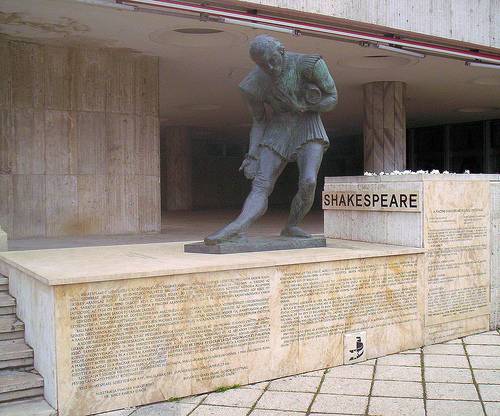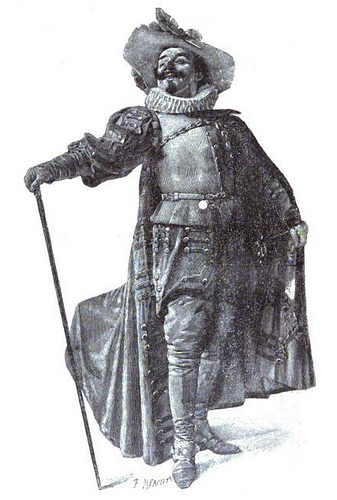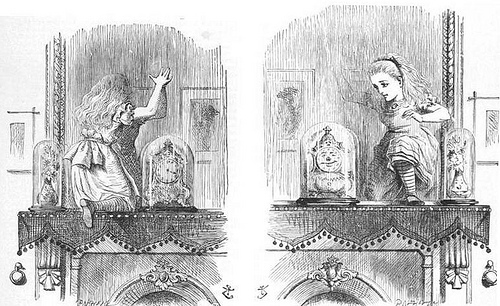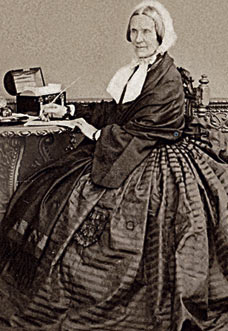One dollar and eighty-seven cents. That was all. And sixty cents of it was in pennies. Pennies saved one and two at a time by bulldozing the grocer and the vegetable man and the butcher until one’s cheeks burned with the silent imputation of parsimony that such close dealing implied. Three times Della counted it. One dollar and eighty-seven cents. And the next day would be Christmas.
That’s the first paragraph of “The Gift of the Magi.” Does it contain a blunder? If Della has $1.87, and pennies make up 60 cents of it, what constitutes the remaining $1.27?
There are two possibilities. The story doesn’t say that only 60 cents of the total was in pennies; possibly 62 cents was, though this makes Della’s observation seem pointless. The second possibility is that the story is set in the late 19th century, when the United States was still minting two- and three-cent pieces — though there’s no other indication that this is the case.
So is it a blunder? Only O. Henry knows for sure.




